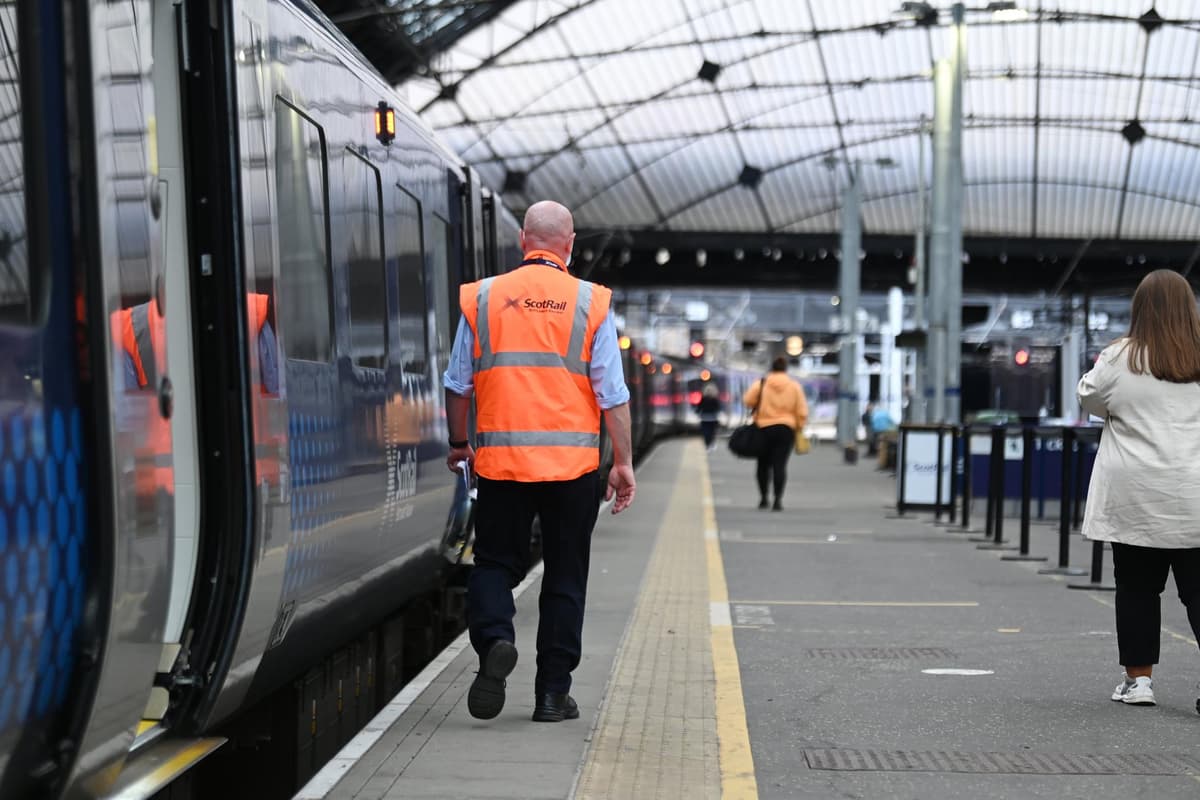Fishplate84
Member
- Joined
- 15 Dec 2014
- Messages
- 88
I think that's the case for all the rail industry. Private operators have been a great shield for Dft/Scottish Government to have someone else do their bidding and take all the flack.This dispute just shows why despite all the We'd love to renationalise but we can't chat from the Scottish Government was hollow.
They are quite happy to offshore labour disputes to a third party, Abellio in this case.
Will be interesting if this drags on until TS are in full (visible) control, and what happens then.
In the world of GBR and whatever form it takes in Scotland where franchises become more directly specified management contracts and concessions I very much doubt the operators will be keen to provide this shield and take on any risk for the low levels of margin return being talked about (1.5% - 2%).
i can see the risks of any investment and any staffing and union negotiation being passed back to DfT/Scottish Government to negotiate and deal with directly. Private operating groups will understandably be arguing that lower return = greater certainty, lower risk and complexity. A tiny margin concession doesn't buy much more than running the basic operational service. Anything difficult, complicated or driving through change outside normal operational service delivery isn't worth their while getting involved with. I wouldn't be surprised if owning groups tell DfT/Scottish Government to go whistle on the expectation private operators will continue to lead in these areas.
Having said that, i could equally see Government realising they want control but don't want to deal with the messy contentious stuff which directly exposes the Minister either, and operator margins for concessions drifting north to more commercially attractive levels where the shield can again be provided.
Your point above is absolutely correct. To be in control means being accountable, something politicians struggle to do when the headlines are negative and they have to stand up and argue the case for unpopular policies to the voting public. Interesting times ahead.

